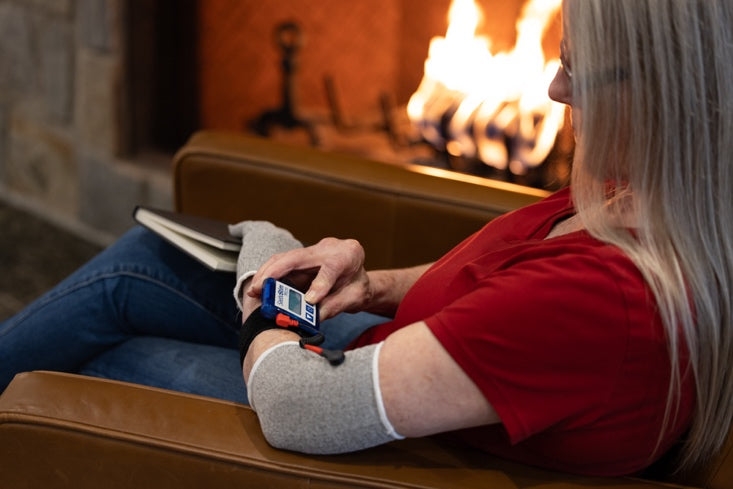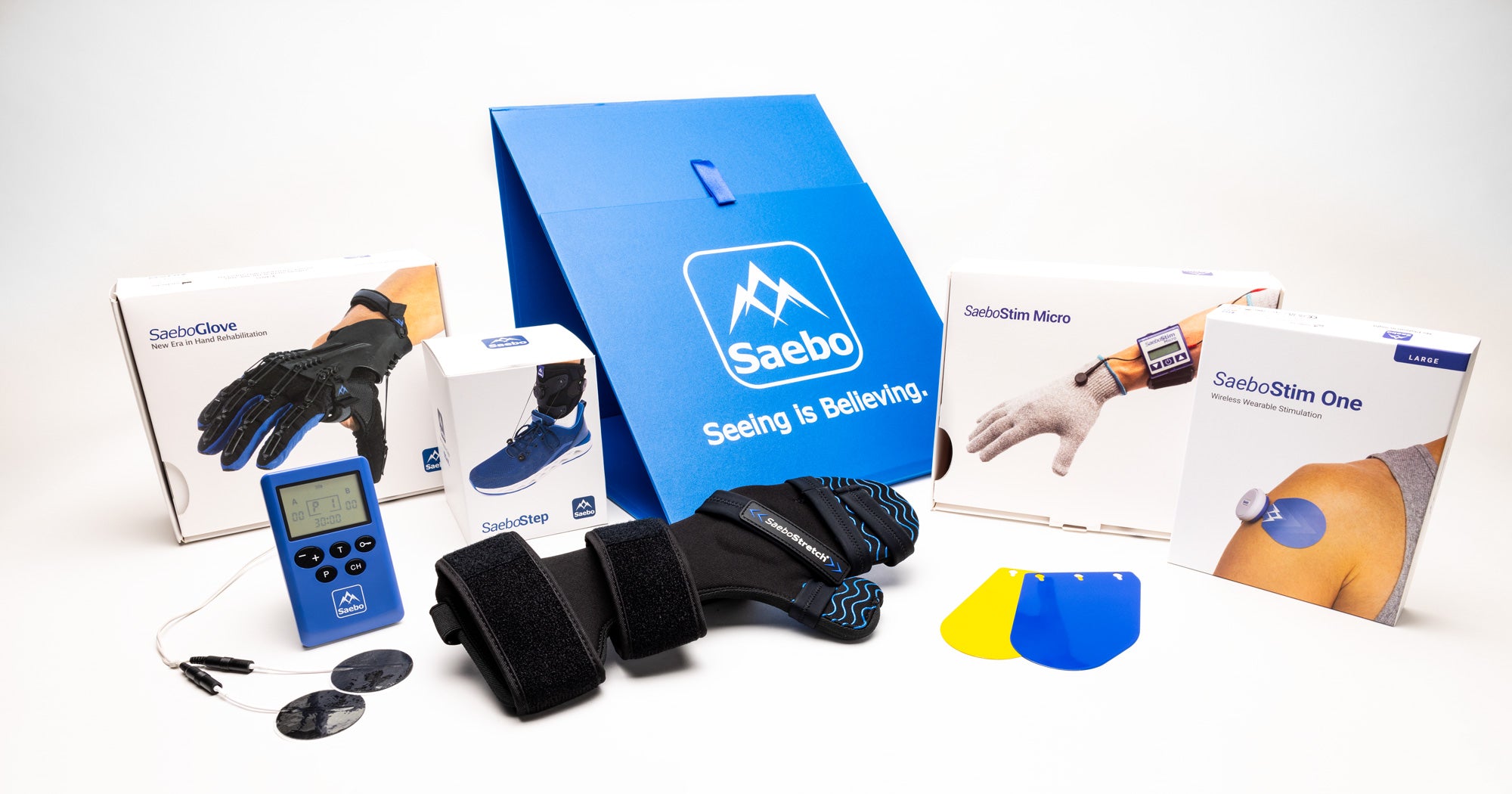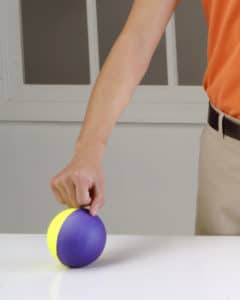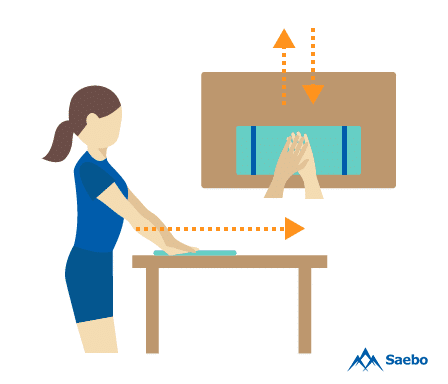Gift Ideas for Stroke Patients
Finding a gift for a stroke survivor may seem like a daunting task but there are a variety of sensible and extremely useful gifts you can get for a friend,...
How to Recognize the Signs of Stroke in Men
According to the Centers for Disease Control and Prevention (CDC), more than 795,000 Americans experience a stroke each year. 130,000 Americans die from stroke each year, making stroke the third...
Important Facts Of The First Stage Of Stroke Recovery
Every stroke is different, and every patient's stroke recovery experience is, too. Just as your symptoms depend on the severity of the stroke and treatment you received, your ability to...
Regaining Shoulder Function After Stroke: Common Clinical Concerns & Strategies
When blood flow to certain regions of the brain is cut off from a stroke, that particular communication center no longer relays messages to corresponding parts of the body. So,...
Recovering Arm Function After Stroke
Damage from a stroke often leaves arm muscles and nerves incapable of receiving messages integral to movement and manipulating objects. Stroke survivors may experience symptoms such as weakness in the...
Causes And Prevention Of Muscle Atrophy After Stroke
After a stroke, the body needs time to recover. Neurological damage prevents the brain from properly sending the signals that trigger body movements, resulting in prolonged muscle inactivity. Though a...
Recovering From A Left Side Stroke
Have you ever heard someone describe themselves as “right-brained” or “left-brained”? This concept is based on the brain having two hemispheres that perform different, specialized functions. Creative types have a...
Taking Back Your Independence After Stroke
Being self-reliant feels great, but for stroke survivors regaining independence is often challenging and progress sometimes seems slow. Emotional support, therapy, gait training, and stroke rehabilitation equipment can help stroke...
Repetition Improves Stroke Recovery Time
In all stages of growth and development, repetition is key to successful long-term learning and information retention. Repetition is especially beneficial for stroke survivors who seek to regain motor function,...
Pseudobulbar Affect - Not All Crying After Stroke Is Depression
Among stroke survivors, feelings of depression and sadness are unfortunately common. The body has experienced acute changes both physically and mentally, and certain emotional responses may be triggered as a...
Intensive 2-Day Stroke Boot Camp Now Available
Offered by Saebo’s co-founder, Henry Hoffman, as well as occupational therapists specializing in neurorehabilitation, the Stroke Arm and Hand Clinic provides an intensive, 2-day upper extremity treatment program for patients...
Reclaim Your Reach With Shoulder Exercises For Stroke Recovery
Recovering your arm and shoulder movement after a stroke can be challenging. If you can't easily grasp and release objects, move your arms forward, or use your arms to support...















